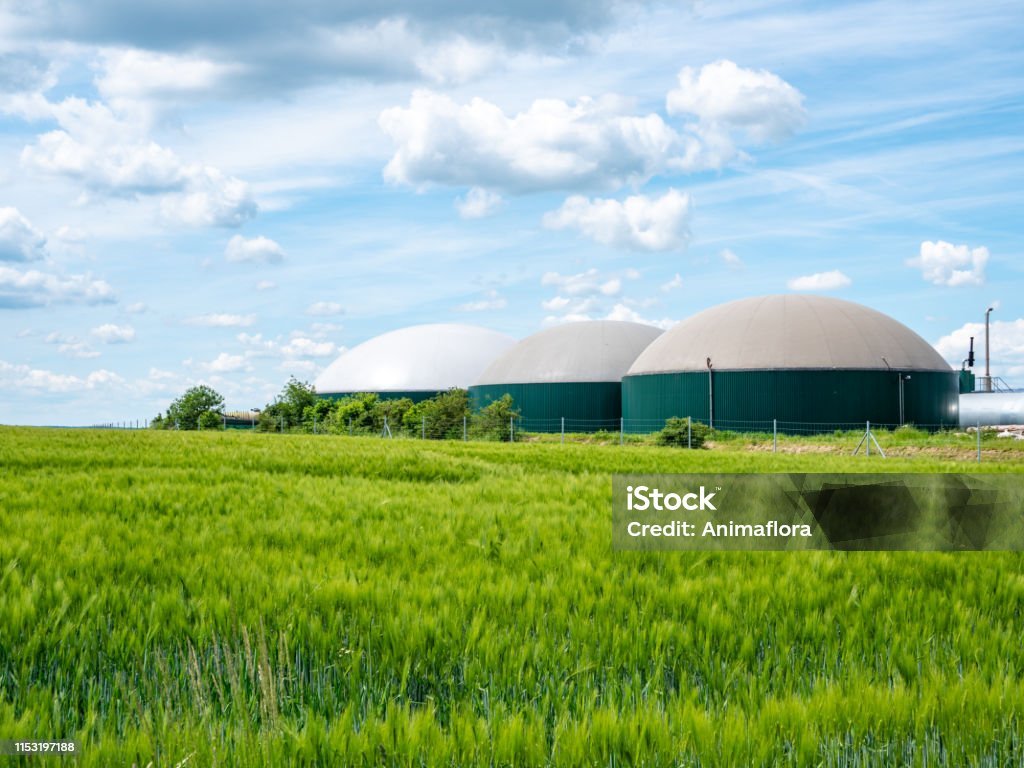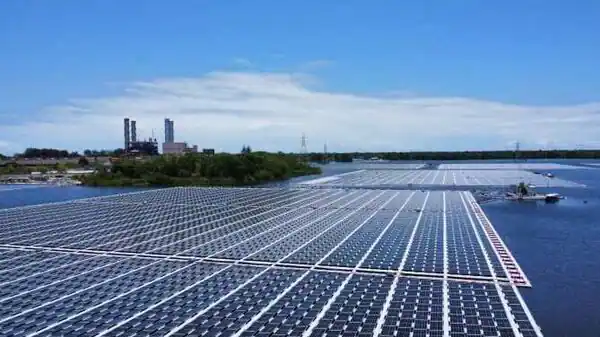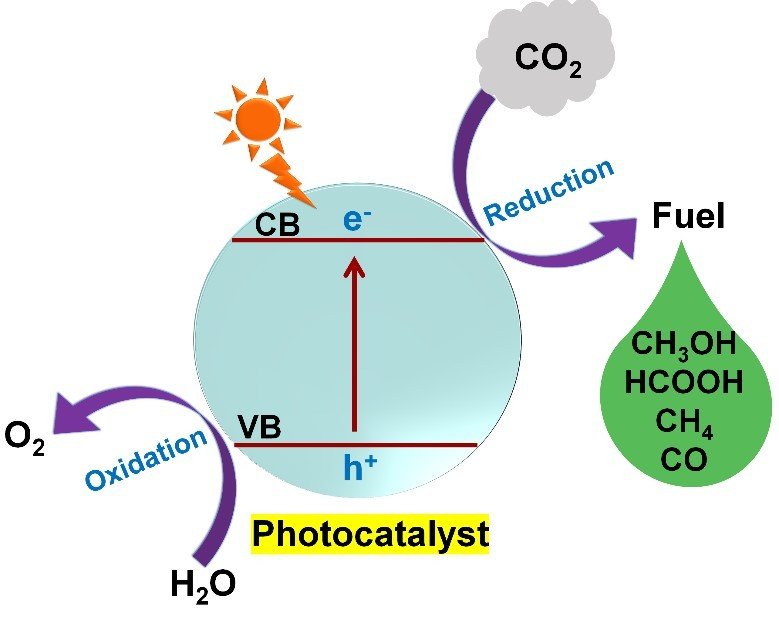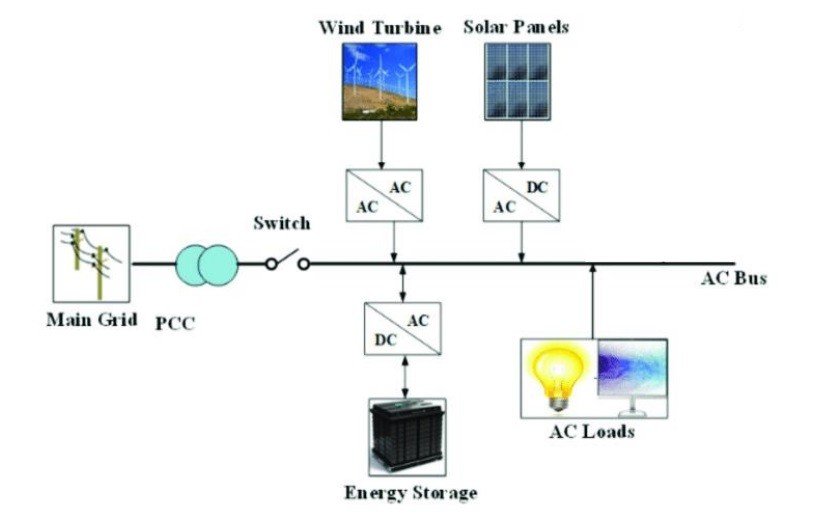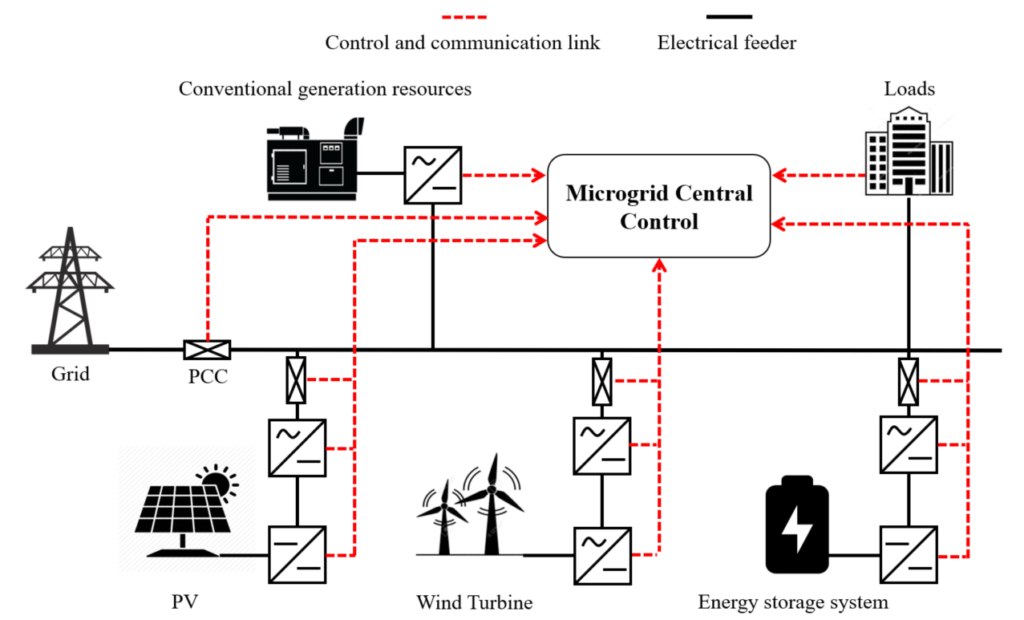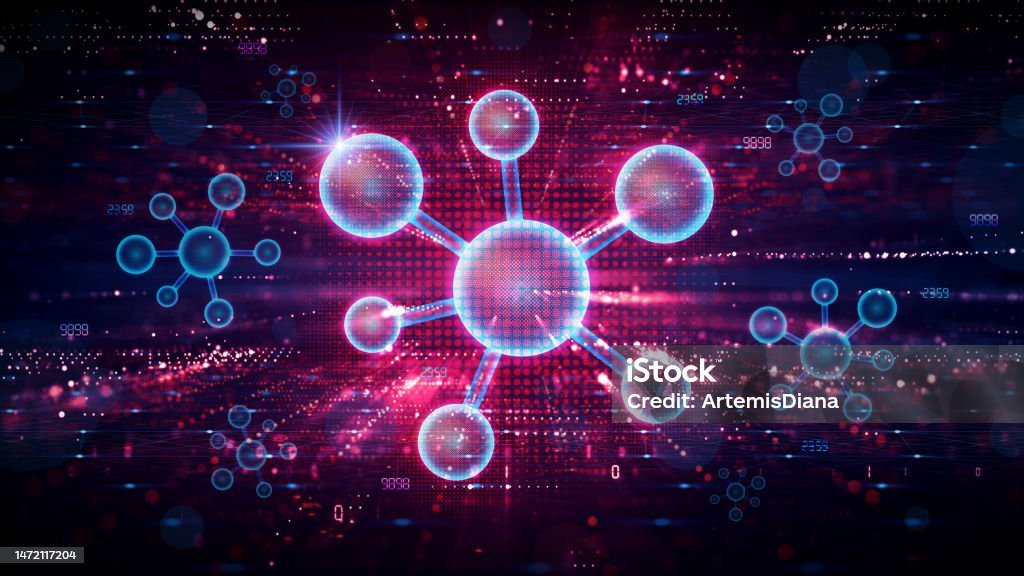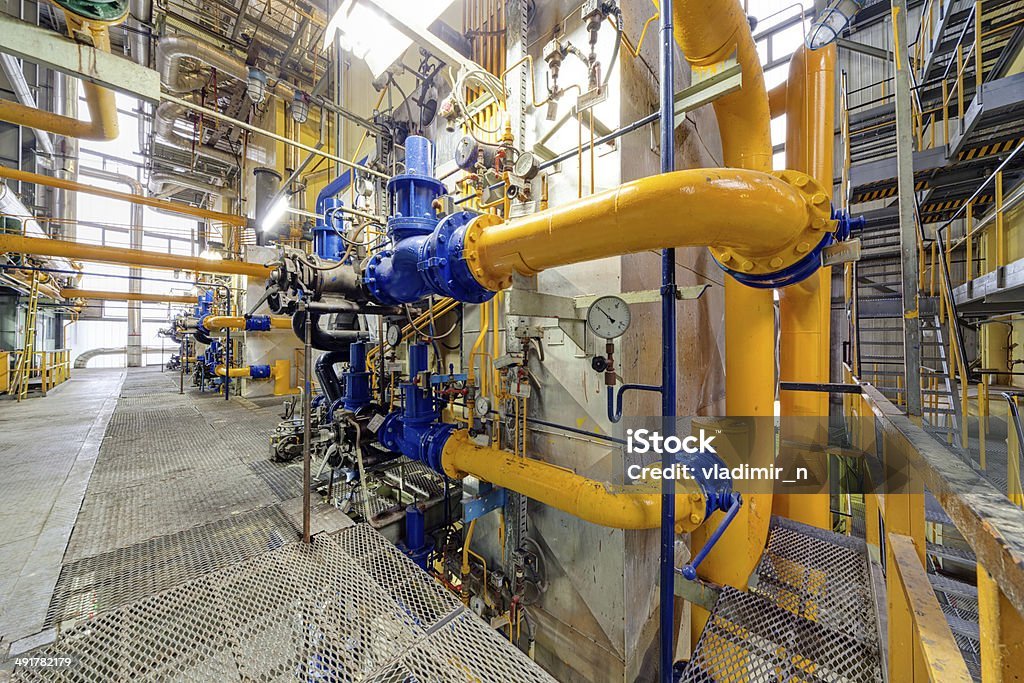
The decarbonization journey starts with energy efficiency
India is the third largest consumer of energy in the world, and energy efficiency is an important part of the country’s strategy to meet its growing energy demand. According to the International Energy Agency (IEA), energy efficiency has contributed significantly to reducing India’s energy demand growth in recent years. Energy efficiency is often the first […]
The decarbonization journey starts with energy efficiency Read More »

